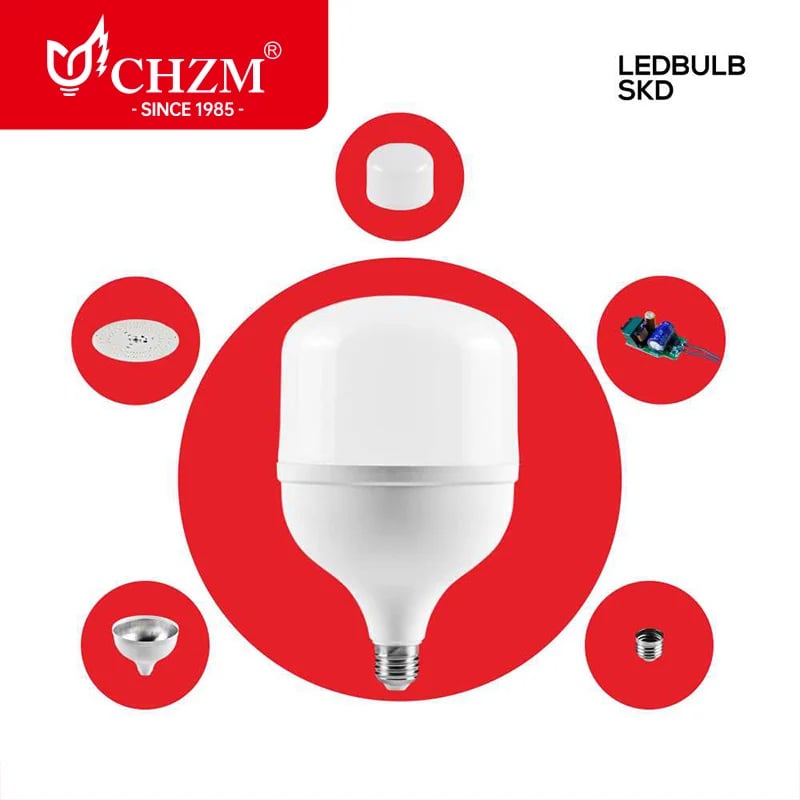Indoor lighting: A Comprehensive Guide to Brightening Up Your Home
Indoor lighting is an essential part of every home. It not only helps brighten up living spaces but can also complement your home's décor. Proper lighting can make your home look welcoming, cozy, and comfortable. However, choosing the right lighting fixtures and setting them up can be a challenge. Here's everything you need to know about indoor lighting to help you make the right choices.
Types of Indoor Lighting
The first thing you should know is that there are three types of indoor lighting: ambient, task, and accent lighting. Ambient lighting is the primary source of light in a room and provides overall illumination. Task lighting is used for specific tasks such as reading or cooking. Lastly, accent lighting is used to highlight a particular object or area in a room.
The Importance of Light Bulbs
Light bulbs are a critical component of indoor lighting. Different types of bulbs emit different types of light. LED bulbs are energy-efficient and produce bright, white light. Incandescent bulbs emit warm, yellow-orange light but are less energy-efficient. Fluorescent bulbs are economical and available in a variety of colors, but contain harmful chemicals and can be difficult to dispose of.
Choosing the Right Light Fixtures
The right type of light fixture can enhance the look of your home. Chandeliers and pendant lights work well in dining rooms, while wall sconces are perfect for hallways and bathrooms. Recessed lighting is an excellent option for kitchens and living rooms, while table lamps provide ambient lighting in bedrooms.
Positioning Your Lighting Fixtures
The positioning of your lighting fixtures can make a significant difference in a room's brightness and ambiance. It's best to install overhead lighting fixtures in the center of the room to provide primary illumination. Table lamps and floor lamps should be placed in corners or next to seating areas to create a cozy atmosphere. Wall sconces should be placed at eye level to produce the best lighting effect.
Dimmer Switches
Dimmer switches are a useful addition to any home. They allow you to adjust the brightness of the room to suit your mood or specific activity. They can be installed on most types of lighting fixtures, including ceiling lights and table lamps.
The Importance of Color Temperature
Color temperature refers to the hue of the light emitted by a bulb. It's measured in Kelvin. Lower Kelvin values produce warm, yellow-orange light, while higher Kelvin values produce cool, blue-white light. It's essential to choose the right color temperature for the different areas of your home. For example, warm colors work well in living rooms and bedrooms, while cool colors work well in kitchens and bathrooms.
Lighting Design Trends
Lighting design trends change with time. Currently, the trend is toward minimalist, sleek designs that blend seamlessly into the decor. Pendant lights with exposed bulbs, LED strip lighting, and industrial-inspired fixtures are popular choices. Warm metals like brass and copper are also in fashion.
Smart Lighting Systems
Smart lighting systems can connect to your home's WiFi network and be controlled with a smartphone app. They allow you to set schedules and dim the lights with voice commands using devices like Amazon Alexa or Google Home. Additionally, they offer energy savings by turning off lights when not in use.
The Importance of Energy Efficiency
Energy efficiency is becoming increasingly important. Energy-efficient lighting fixtures and bulbs are now readily available. They not only save electricity but also reduce the carbon footprint of your home. Look for bulbs with the ENERGY STAR label, which indicates that they meet the government's energy efficiency standards.

